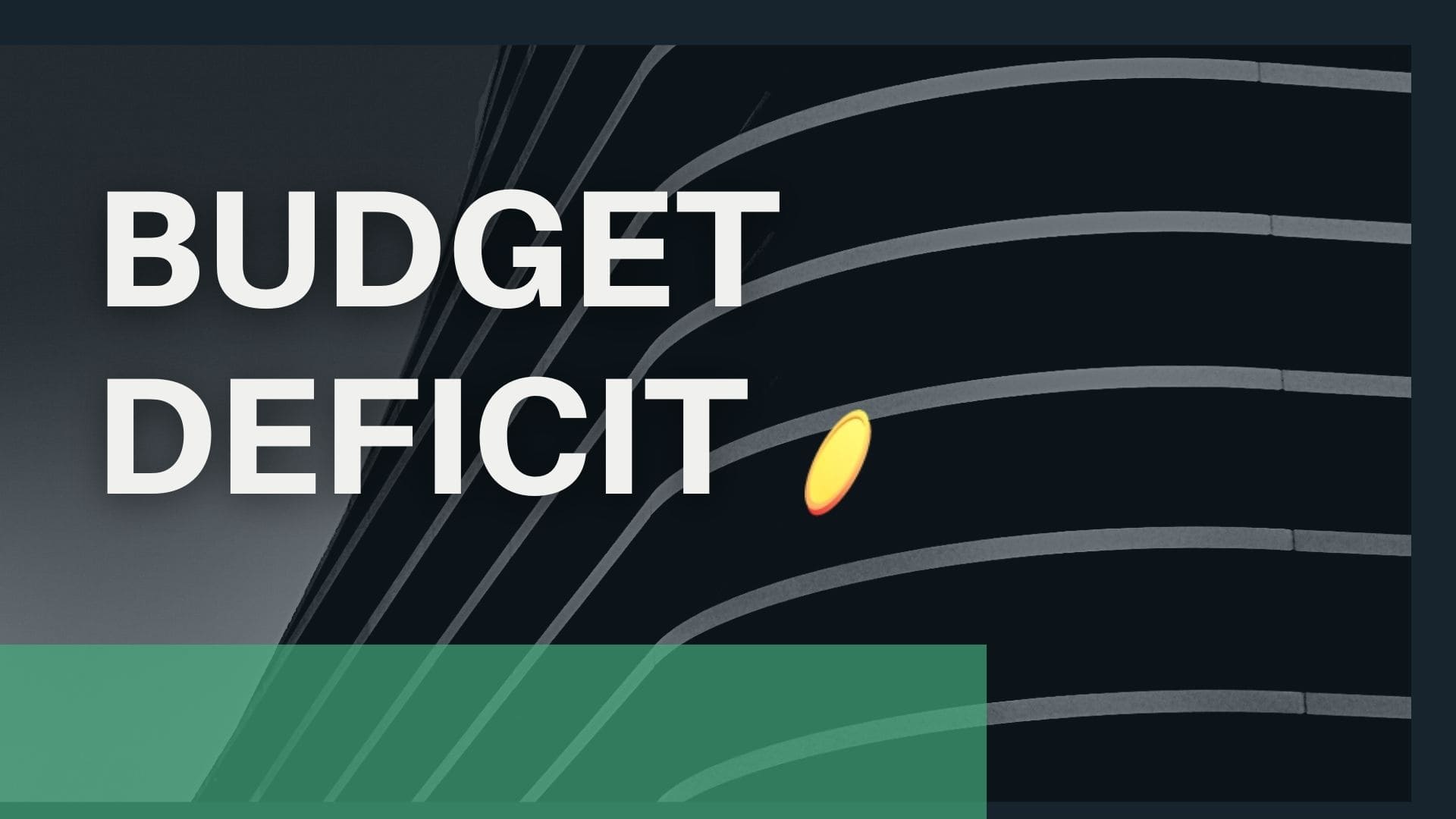Definition: In a budget deficit, expenses are higher than the revenue generated during the same period. In most cases, governments use this term while presenting the budget for the next financial year.
A budget deficit is not desired, and to overcome this situation, governments can cut spending or raise taxes until the budget balances, or they have a surplus.
In a balanced budget, expenses and revenue are equal, while in a budget surplus, expenses are lower than the revenue.
A continued deficit budget can increase inflation, which increases the prices of products and commodities.
How to Reduce Budget Deficit
A country can reduce the budget deficit using these four strategies:
- Reduce Spending: A budget deficit is a difference between expenses and revenue. If the spending is reduced, it will reduce the budget deficit.
- Increase Taxes: Increased taxes directly affect a country’s revenue. It increases revenue collection and helps reduce the budget deficit.
- Using Growth Strategies: A government can help improve the economy using policy changes. For example, they can allow foreign investment in an underperforming sector. This brings foreign money into the country, increases government revenue, and reduces the budget deficit.
- Printing Currency: Sometimes, the government can print currency to pay off debts to reduce the budget deficit. This is a short-term solution and carries the risk of inflation and currency devaluation.
Example of Budget Deficit
A government’s revenue is 100,000 USD, and the planned expenses are 125,000 USD. In this situation, there is a budget shortfall of 25,000 USD, which is a budget deficit.
Types of Budget Deficit
A budget deficit can be of three types:
- Fiscal deficit
- Revenue deficit
- Primary deficit
Fiscal Deficit
A fiscal deficit is the total extra expenditures over the total receipts in the same duration. It does not include borrowing.
Fiscal Deficit = Total Expenditures – Total Receipts (Excluding Borrowings)
Revenue Deficit
Revenue deficit is the extra revenue expenses over revenue received.
Revenue Deficit = Revenue Expenditures – Revenue Received
Primary Deficit
A primary deficit is a difference between fiscal deficit and interest payments on previous borrowings.
Primary Deficit = Fiscal Deficit – Interest Payments
Is Budget Deficit Always Bad?
A budget deficit is not always bad. Sometimes it is intentional and helps grows the economy. For example, the government can invest in infrastructure development, mineral search, etc. This creates jobs and reduces the unemployment rate, and grows the economy.
Summary
A budget deficit occurs when spending exceeds revenue, and it is an undesirable condition. Governments can reduce this condition by using economic growth policies, increasing taxes, and reducing spending.
